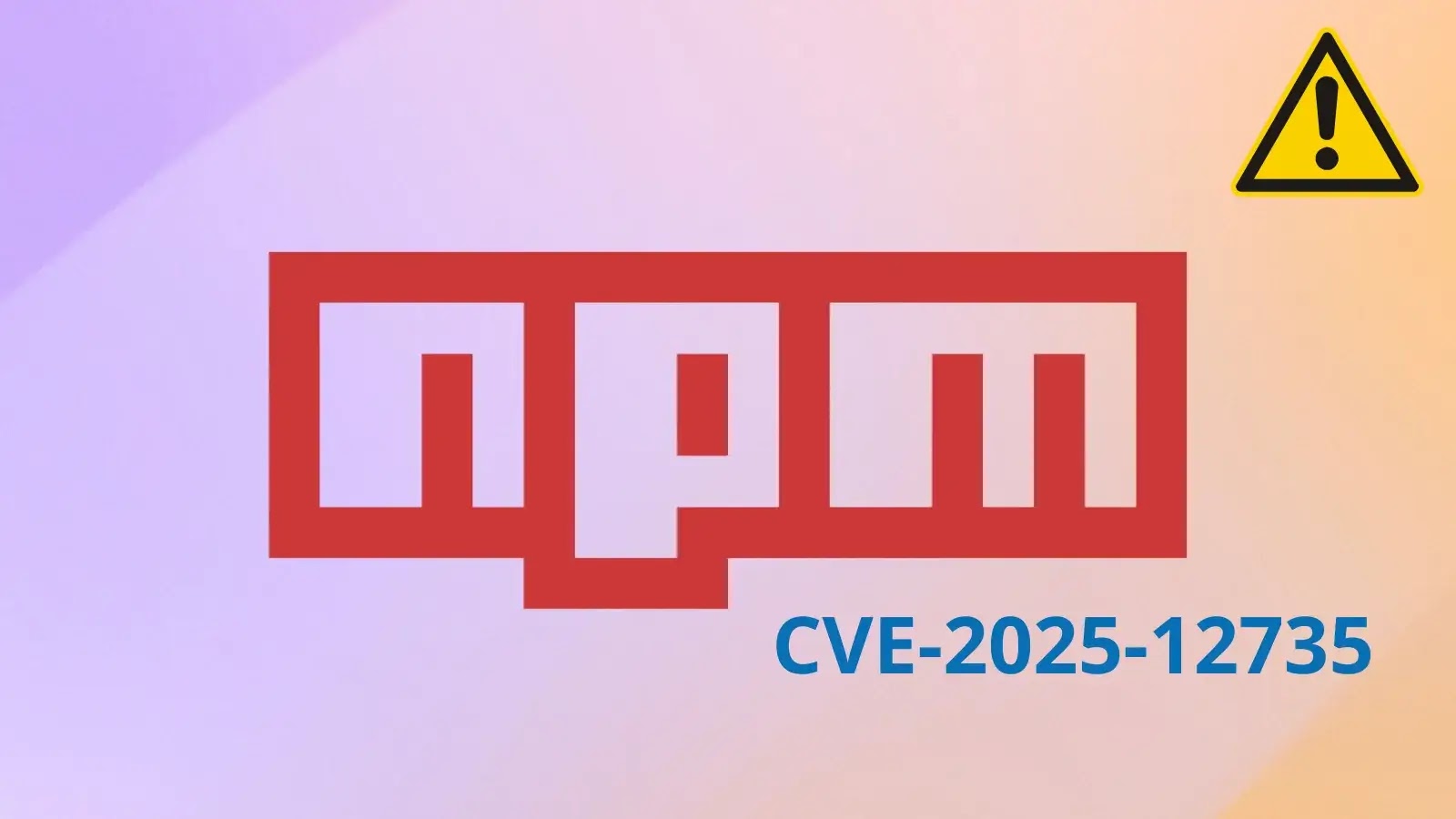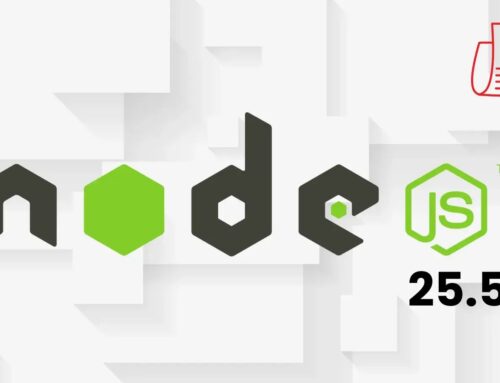
Critical Vulnerability in Popular NPM Library Exposes AI and NLP Apps to Remote Code Execution
In the rapidly evolving landscape of artificial intelligence and natural language processing, the integrity of underlying software libraries is paramount. A significant security flaw has recently emerged, casting a shadow over applications relying on a popular Node Package Manager (npm) library. This vulnerability, if exploited, could grant attackers remote code execution capabilities, jeopardizing the security and functionality of diverse AI and NLP systems.
Critical Vulnerability Uncovered in expr-eval NPM Library
A critical security vulnerability, identified as CVE-2025-12735, has been discovered in the widely used npm package expr-eval. This JavaScript tool, designed for parsing and evaluating mathematical expressions, is a common dependency in projects that require dynamic expression interpretation, including many AI and NLP applications. The discovery of this flaw highlights the inherent risks associated with third-party dependencies and their potential impact on downstream systems.
Understanding the RCE Threat in AI/NLP Contexts
The core of CVE-2025-12735 lies in its potential for Remote Code Execution (RCE). Attackers can leverage this vulnerability by providing maliciously crafted input to applications that utilize the expr-eval library. This specially designed input can trick the library into executing arbitrary system commands on the server running the affected application. For AI and NLP platforms, which often process user-generated content or external data feeds, this presents a severe threat:
- Data Exfiltration: Attackers could steal sensitive training data, model parameters, or user information.
- System Compromise: RCE allows for broader system control, potentially leading to the installation of malware, backdoors, or complete server takeover.
- Model Manipulation: Adversaries might tamper with AI models, leading to biased outputs, denial of service, or even the deployment of malicious AI agents.
- Intellectual Property Theft: Proprietary algorithms and business logic embedded within the application could be exposed and stolen.
The ubiquity of expr-eval across various JavaScript projects, particularly within the AI and NLP ecosystems that rely on dynamic calculations and data transformations, amplifies the potential impact of this flaw.
Remediation Actions for Affected Systems
Immediate action is crucial to mitigate the risks posed by CVE-2025-12735. Developers and system administrators must prioritize these steps:
- Update
expr-eval: The most critical step is to update theexpr-evalpackage to a patched version as soon as one is released. Monitor the official npm repository and the project’s GitHub page for security advisories and updates. - Dependency Scanning: Regularly scan your project dependencies for known vulnerabilities. Tools like npm audit or Snyk can help identify if your project is directly or indirectly using a vulnerable version of
expr-eval. - Input Validation and Sanitization: Implement robust input validation and sanitization at all points where external data is fed into the application. Never trust user input; always validate it against expected formats and content types, stripping any potentially malicious characters or constructs.
- Principle of Least Privilege: Ensure that the processes running AI/NLP applications and their dependencies operate with the minimum necessary privileges. This can limit the extent of damage in case of a successful RCE attack.
- Network Segmentation: Isolate critical AI/NLP infrastructure within segmented network zones to restrict lateral movement if a compromise occurs.
- Web Application Firewalls (WAFs): Deploy WAFs to detect and block malicious input patterns that could exploit such vulnerabilities.
Recommended Security Tools and Resources
Leveraging appropriate tools can significantly aid in identifying and mitigating this vulnerability:
| Tool Name | Purpose | Link |
|---|---|---|
| npm audit | Scans project dependencies for known vulnerabilities. | npmjs.com/cli/v9/commands/npm-audit |
| Snyk | Identifies open-source vulnerabilities and provides remediation advice. | snyk.io |
| OWASP Dependency-Check | Analyzes project dependencies for known vulnerabilities. | owasp.org/www-project-dependency-check |
| Mend.io (formerly WhiteSource) | Automated open-source security and compliance management. | mend.io |
Conclusion
The discovery of CVE-2025-12735 within the expr-eval npm library underscores the continuous need for vigilance in cybersecurity, particularly for applications built upon numerous third-party components. For AI and NLP applications, where code execution can have far-reaching implications, understanding and addressing such vulnerabilities is paramount. Prioritizing dependency updates, implementing rigorous input validation, and employing comprehensive security scanning tools are non-negotiable steps to protect these critical systems from remote code execution attacks.





